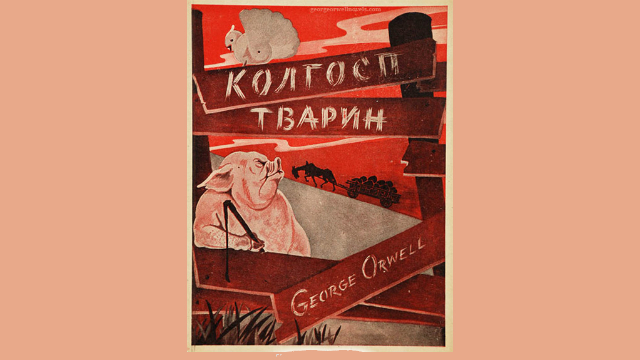Is War a Virus or a Gene?

John Horgan, author of the book The End of Wararguesthat warring or violent behavior is not innate to human nature. Of the many people that Horgan has questioned, from war journalist Sebastian Junger to the students in his classes, most believe war is a part of human nature. War will always be with us they say. Perhaps that is true, but Horgan believes that war is a problem, just like cancer, that has a solution we haven’t found yet.
What’s the Big idea?
Horgan told Big Think that there is evidence to suggest that war is neither a biological impulse nor an economic imperative. So what are the other factors that can explain the emergence and recurrence of war? Horgan points to the work of anthropologist Margaret Mead. Horgan and Mead share the belief that war is a cultural innovation. Back in the 1930’s Mead suggested that war emerged sometime in human prehistory and began to spread. In an interview with Big Think, Horgan uses a very simple example to illustrate how war is a culturally infectious virus: Imagine your neighbor is a violent psychopath who is out for blood and land. You, on the other hand, are person who wants peace. You would have few options but to embrace the ways of war for defense. So essentially your neighbor has infected you with war.
What’s the Significance?
Modern society is a very civilized place. Survival violence is not at the front of everyone’s mind in, say, Beijing or Stockholm. Thus it would be reasonable to expect the propagation of the war virus to slow. Horgan argues exactly that point. Take Europe as an example. Today, it is unthinkable for France and Germany to go to war. However, in the first half of the 20th century Germany’s expansionist ambitions and France’s fear of her deadly neighbor led to two devastating world wars. Though only time will tell, it is possible that through cooperation and diplomacy France and Germany have cured their war virus permanently.
Image courtesy of Shutterstock
Follow Mark Cheney on Twitter @cheney_mark





